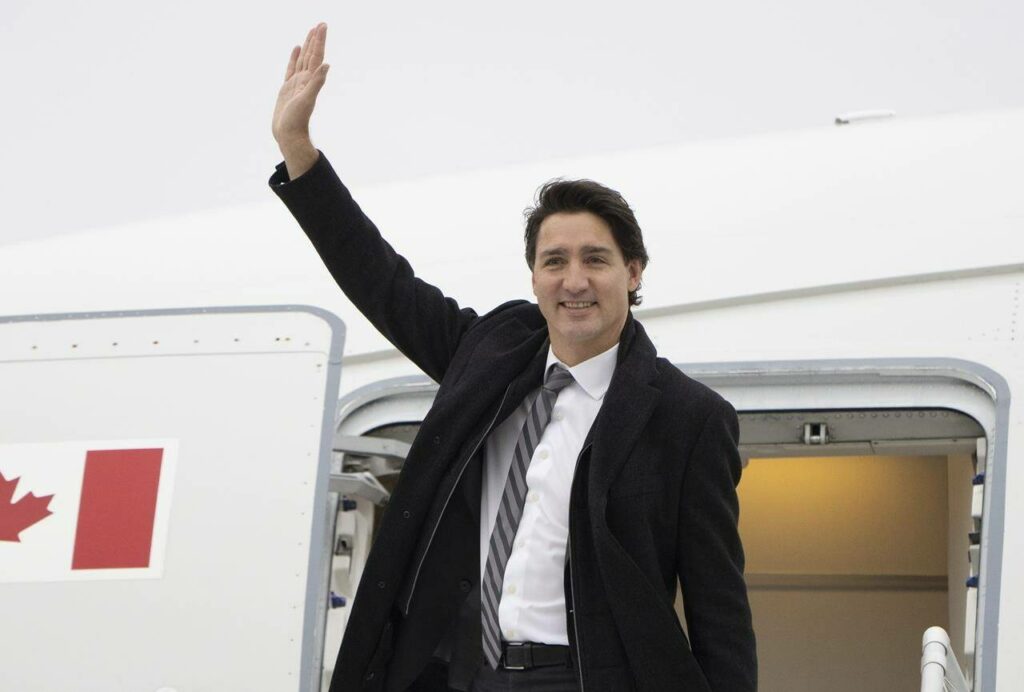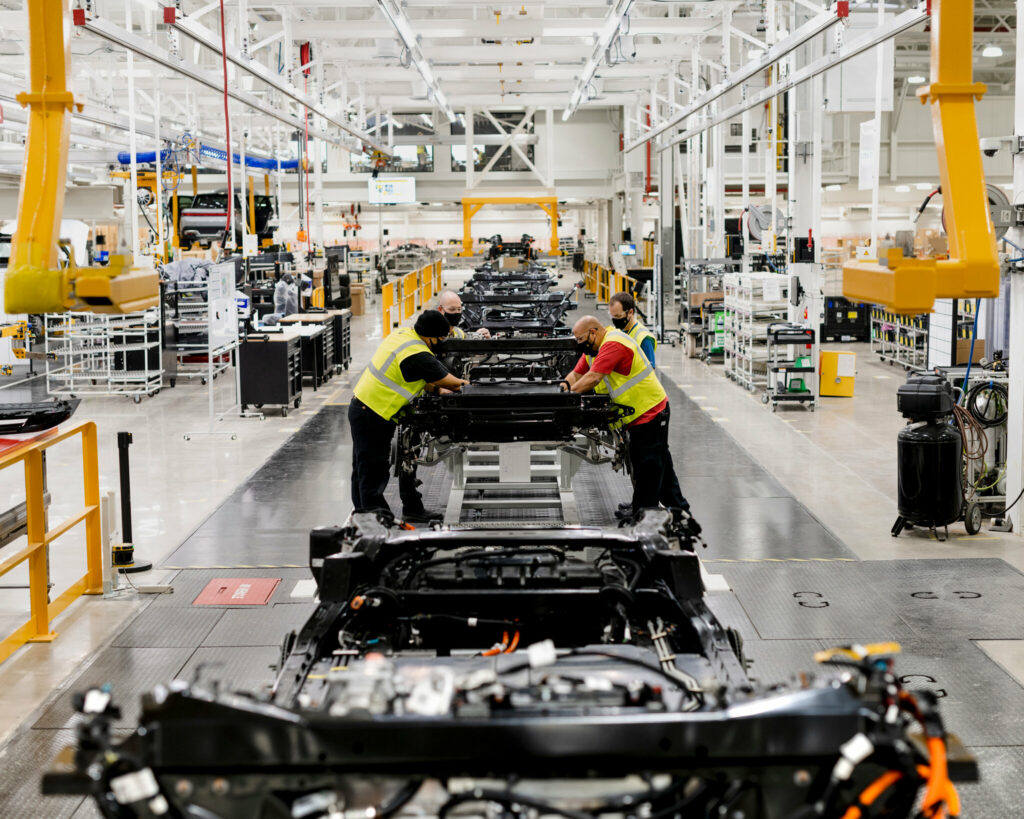With the ominous consequences of its reckless fiscal and monetary policy becoming increasingly evident, Canada’s Finance Minister Who Would Be Sane, Chrystia Freeland, delivered what was touted as a responsible fiscal update last Thursday. Alas, people who believe government is the answer to any problem cannot restrain themselves and despite wispy promises of an eventually balanced budget it cranked up spending, increased handouts and sketched out an “industrial strategy” to transform the economy into a place where wishes are horses. And of course this strategy, Chris Varcoe writes in the Calgary Herald, now includes getting rid of energy that works.
When we were in college many of our professors opined that large corporations were becoming the dominant actors in politics domestic and international, wielding something called “power” before which governments cringed. Which was essentially the Communist Manifesto claim that “The executive of the modern state is but a committee for managing the common affairs of the whole bourgeoisie” dressed in sociological clothing. And the absolute nonsense it appeared to be. Watch what happens when a government threatens a company. How often does the company say, in effect, let’s step into the alley, and how often does it hand over its wallet with an ingratiating smile?
Freeland’s plan was cloaked in the sort of oily language politicians have used so long and so habitually that the grease has entered their souls: as Varcoe observes, “Chrystia Freeland announced plans to introduce a tax on stock repurchases by public companies, part of the government’s effort ‘to encourage them to reinvest their profits in workers and in Canada.’” But what it really means is that companies can either (a) put their money into projects they know are losers (b) hand it straight to the government or (c) find some way to smuggle it out the back door pronto.
Varcoe quotes one asset manager who seems fed up with groveling noting that “This isn’t going to drive incremental investment, who are we kidding? And this is a government that very clearly doesn’t want incremental investment anyways.” Which in a sense is true. This government does not wish to see more investment in the fossil fuel industry in Canada, they want to get rid of it. They don’t even take the view of some appeasers in the oil patch that Canada’s should be the last to walk the plank. When they say Net Zero they mean Net Zero and they seem to have a better grasp of what their commitment to Net Zero means for oil companies than a lot of oil companies do, or will admit to.
One association head, Tristan Goodman of the Explorers and Producers Association of Canada, did say “It’s really further hostility towards the business community in Canada.” But this assessment is only partially correct. The Trudeau administration is certainly implicitly hostile to business in general, holding a mistaken view that government is the real source of growth as well as decency in a society while private firms will siphon it off unfairly if not caught and forced to put it back. But their implicit hostility to enterprise generally gives way to explicit hostility when it’s hydrocarbons because they are supposedly setting the sky on fire.
The usual suspects aren’t shy about it. As Varcoe also notes, “The new federal tax ‘is a recognition that we’re not seeing the investment from the oilsands companies in decarbonization. So it’s a step in the right direction,’ said Jan Gorski, director of the Pembina Institute’s oil and gas program.” Or more precisely its lack of oil and gas program. But the companies aren’t innocent here either. Energy giants Cenovus, Suncor, CNR MEG Energy and ConocoPhillips Canada have formed the “Pathways Alliance”, the sort of collusion between large firms that normally triggers antitrust investigations except this one is to carry out the government’s command to stop emitting carbon from hydrocarbons. And then they’re astonished to find that the government is committed to making them stop emitting carbon.
Right before Halloween Canada’s Environment and Climate Change minister hammered oil companies for paying high dividends instead of investing in energy that doesn’t work. As the CBC put it, “Steven Guilbeault says the country's major oil players have promised to do something about greenhouse gas emissions but instead have funnelled most of their record-breaking profits to shareholders….’We're already putting our money where our mouth is,’ Guilbeault said in an interview. ‘I'm not sure they are.’” Again we might query Guilbeault, if he were studying economics, as to what exactly “our money” means in a government context. Because what he’s really doing is putting their money where his mouth is, and he will continue to do so until they have none left.
At that point Canadians will have no reliable energy and no money for bacon or college either. And then we will read stories about millions of Canadians skimping on groceries to try to heat their homes in the winter, and wonder how it came to this. Greta Thunberg will then jump up to shrill at us that it’s the fault of capitalism as the executive committee of the bourgeoisie exterminates that class.



Hmmm, almost sounds like you think there might be a long term plan by the Warmistas other than reducing CO2 😁
This is another attempt at punishing the hated investors in the hated industry that keeps the lights on for investing in and profiting from politically caused opportunity. The culturally dominant Jacobins and Bolsheviks draped in green don't like people profiting from investing in reality versus their politically mandatory delusions. This too will fail as the law of supply and demand doesn't originate in a Legislature.